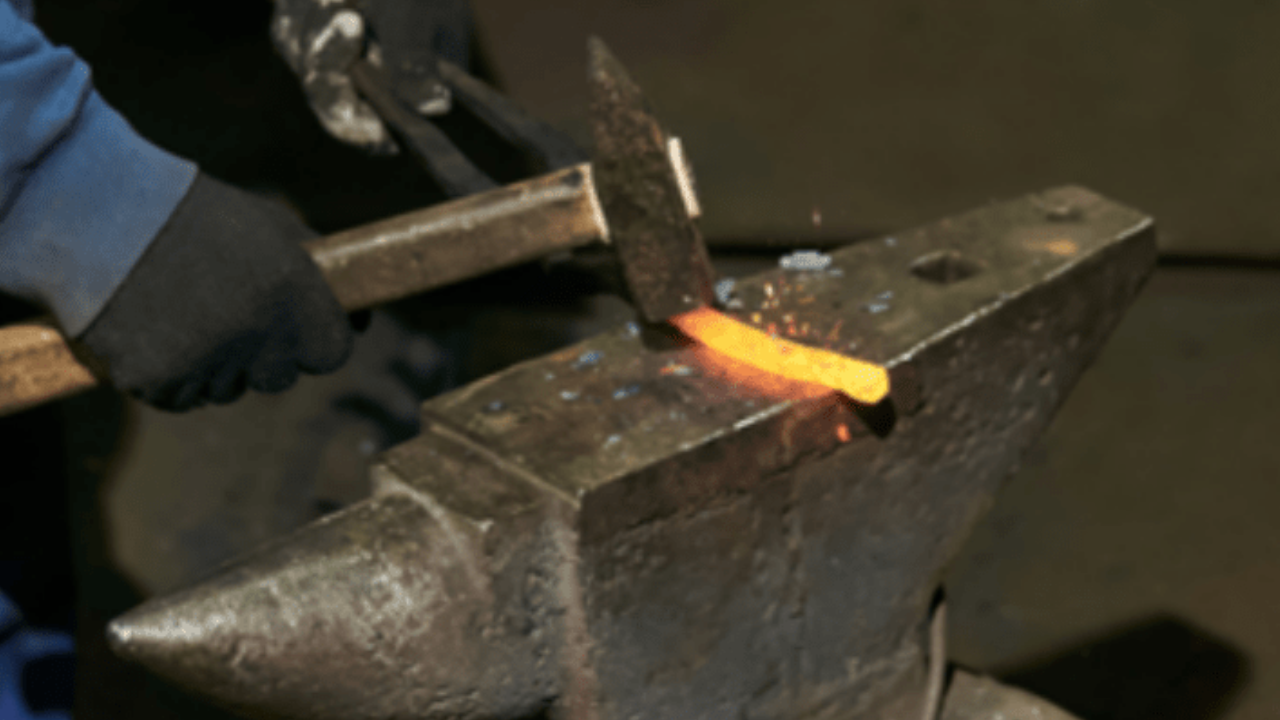A painstaking process creates forged aluminum, a robust and long-lasting material. Forging is carefully compressing raw aluminum after it has been heated to a malleable state. Strength, toughness, and fatigue resistance are improved by this process, which also refines the internal grain structure.
Because of its remarkable strength-to-weight ratio, forged aluminum is utilized in critical industries like aerospace and automotive. Its superior heat resistance, consistent grain structure, and low weight make it the perfect choice for parts that withstand harsh environments, guaranteeing dependability and peak performance.
How does Forging make Aluminum?
The process of producing forged aluminum is painstaking and involves heating raw aluminum to a malleable state. Forging is then used to apply controlled compression to the heated aluminum. This process improves the material’s strength, toughness, and fatigue resistance through internal grain structure alignment and refinement. As a result, an aluminum alloy with exceptional mechanical properties and high stability is produced that can be used in various industries, including sports equipment, automotive, and aerospace.
Characteristics Make Up Forged Aluminum
Forging is a unique process that shapes metal through controlled deformation; aluminum is one type of metal that has gone through this process. Through this process, forged aluminum acquires several essential qualities that make it useful for various uses. The principal attributes of forged aluminum are listed below:
Sturdiness and Power:
Magnificent strength and durability characterize forged aluminum. Grain structure and alignment are improved in the metal through the process of forging, which applies compressive forces. The material’s mechanical qualities are enhanced, and its yield and tensile strength increase. So, forged aluminum is a good choice for high-performance sporting goods, automotive parts, and aerospace components where strength and durability are essential.
Fatigue Resistance:
Forged aluminum has a higher fatigue resistance due, in part, to the controlled deformation that occurs during the forging process. The likelihood of fatigue failure is decreased by the aligned grain structure’s ability to distribute stress more equally throughout the material. This characteristic is especially crucial in applications where the material is subjected to frequent loading and unloading cycles, like in the chassis of automobiles and aircraft parts.
Lightweight:
Due to its low density, aluminum is generally considered a lightweight material. This benefit is maintained by forged aluminum, which provides an excellent strength-to-weight ratio. This characteristic of being lightweight is particularly helpful in sectors like aerospace and automotive, where it is crucial to reduce weight without sacrificing structural integrity during the design process. This improves fuel efficiency and overall performance.
Heat Resistance:
The mechanical properties of forged aluminum can be maintained at high temperatures due to its good heat resistance. This qualifies it for uses involving exposure to high temperatures, like engine parts used in the aerospace and automotive sectors. Aluminum’s microstructure can be refined during the forging process, increasing the metal’s heat resistance.
Corrosion Resistance:
Although aluminum is naturally corrosion-resistant because a protective oxide layer forms on its surface, the forging process can further improve this property. Forged aluminum components frequently show better corrosion resistance than their cast or machined counterparts. This makes forged aluminum an appealing option for applications in corrosive conditions, such as marine environments.
Precision and Consistency:
Tight tolerances and consistent product quality are the outcome of forging’s ability to control the shaping of aluminum components precisely. Defects like porosity and voids, frequently present in cast materials, are eliminated by the process. Precision is essential in sectors like aerospace and automotive manufacturing, where parts have to fulfill stringent requirements for performance and safety.
Lastly
Uniquely combining strength, durability, lightweight design, and heat, fatigue, and corrosion resistance, forged aluminum is a standout example of a high-performance material. Because of its superior mechanical properties and dependability, applications requiring the precision of forgings further add to its appeal, making it a preferred option for a wide range of industries.

